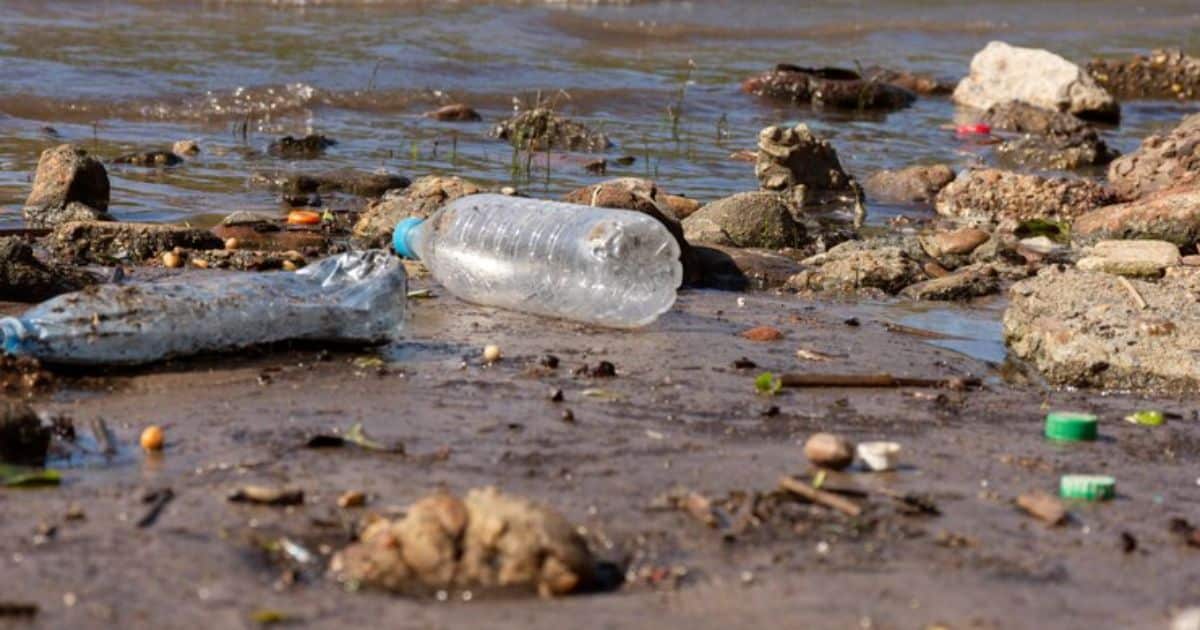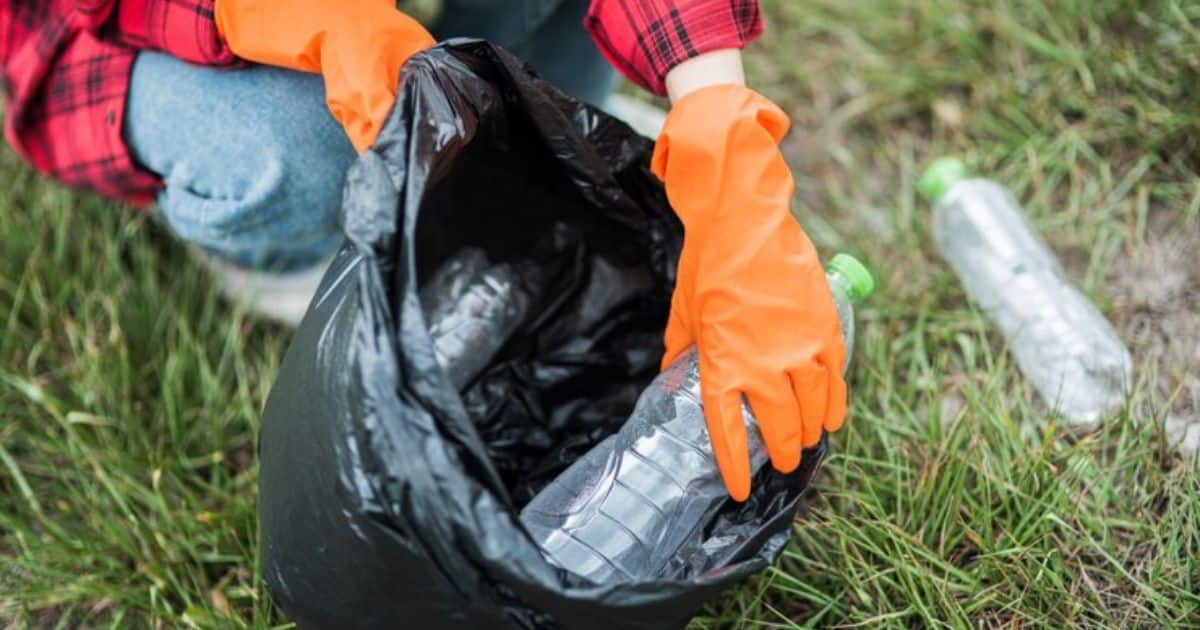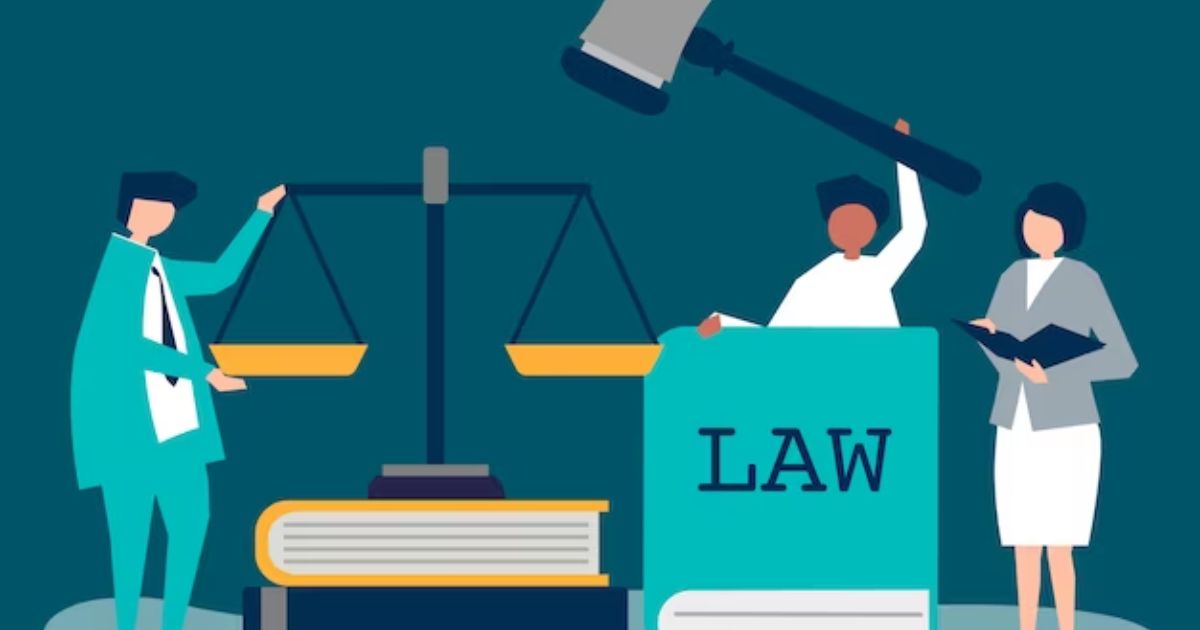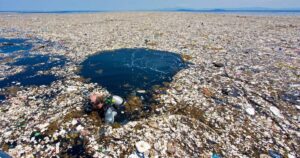Imagine a world where every corner is clean and pristine, devoid of litter and pollution. A place where the air is fresh, the water is pure, and wildlife thrives undisturbed. Picking up trash may seem like a small act, but its impact on the environment is immense. From protecting wildlife to reducing pollution, each discarded piece picked up contributes to a healthier and more sustainable planet. Join us as we explore how this simple yet powerful action can create a sense of belonging to a greener future.
Key Takeaways
- Picking up trash helps reduce littering and creates a cleaner and more organized environment.
- Properly disposing of trash prevents pollution of rivers, lakes, and oceans, protecting aquatic life and drinking water sources.
- Removing litter from the environment helps prevent harm to wildlife, such as entanglement or ingestion of harmful substances.
- Clean communities attract tourists, promote economic development, and increase property values, benefiting businesses and local economies.
The Environmental Impact of Littering
Littering significantly harms the environment. When people discard their trash improperly, it not only creates an eyesore but also has detrimental effects on our surroundings. The presence of litter in our parks, streets, and waterways, including the emerging issue of Tech Trash Rust, can make individuals feel disconnected from their community and can lead to a lack of pride in their neighborhood.
It creates a sense of disarray and neglect, which can discourage people from spending time. Litter can find its way into our rivers, lakes, and oceans, causing pollution and endangering marine life.
Plastic waste, in particular, poses a significant threat as it takes years to decompose and can harm wildlife through ingestion or entanglement. Therefore, it is crucial to address the issue of littering to protect our environment and the creatures that inhabit it.
Harmful Effects on Wildlife
The presence of litter in our environment has detrimental effects on wildlife, causing harm and endangerment to various species. When trash is left unattended, it can pose serious threats to animals.
Marine creatures, such as turtles and seabirds, mistake plastic bags for food and ingest them, leading to digestive problems and even death. Birds may become entangled in discarded fishing lines or plastic six-pack rings, resulting in injuries or suffocation. Land animals can also suffer from litter-related issues, such as becoming trapped in discarded containers or consuming toxic substances found in improperly disposed waste.
Pollution caused by litter can contaminate water sources, affecting the habitats of aquatic creatures and disrupting the delicate balance of ecosystems. It is crucial for us to recognize the impact of litter on wildlife and take proactive measures to prevent further harm.
Litter’s Contribution to Pollution
Litter’s presence in the environment contributes significantly to pollution, affecting air, water, and soil quality. When litter is left on the ground or improperly disposed of, it can release harmful substances into the air.
Plastics, for example, can break down into microplastics, which can then be inhaled, posing health risks to humans and animals. Litter can also find its way into water bodies, polluting rivers, lakes, and oceans. This can harm aquatic life, disrupt ecosystems, and contaminate drinking water sources.
When litter accumulates on the ground, it can seep into the soil, releasing toxins that can damage plant life and reduce soil fertility. Therefore, tackling litter is crucial in reducing pollution and protecting the environment for a healthier and more sustainable future.
The Cost of Littering
The financial burden of littering is substantial and far-reaching. Not only does it cost governments, businesses, and communities large sums of money to clean up litter, but it also has long-term economic implications.
Litter decreases property values, deters tourists, and hinders economic development. Businesses located in areas with high levels of litter may experience decreased sales and struggle to attract customers. Litter cleanup efforts divert resources that could be allocated to other important community projects.
The cost of littering goes beyond just the physical cleanup; it affects the economic vitality and well-being of communities. By understanding the financial impact of littering, individuals can recognize the importance of preventing litter and take action to keep their communities clean and thriving.
Solutions to Prevent Littering
To address the issue of littering, proactive measures must be taken to prevent the accumulation of trash and promote a cleaner environment. Here are four solutions that can help prevent littering and create a sense of belonging in our communities:
- Education and Awareness: Raising awareness about the negative impacts of littering through educational campaigns and community outreach programs can help individuals understand the importance of keeping our environment clean.
- Adequate Waste Management: Providing easily accessible and well-maintained trash bins in public spaces encourages people to properly dispose of their waste. Regular garbage collection and recycling programs also play a crucial role in keeping our surroundings clean.
- Enforcement of Laws: Strict enforcement of littering laws, coupled with penalties for offenders, can act as a deterrent and discourage people from littering.
- Community Involvement: Engaging local communities in clean-up initiatives and organizing regular community clean-up events fosters a sense of responsibility and ownership, promoting a cleaner and more sustainable environment.
Becoming an Environmental Steward
Becoming an advocate for the environment involves actively participating in efforts to preserve and protect our natural surroundings. As individuals, we can take on the role of environmental stewards and make a significant impact on the health of our planet. By engaging in sustainable practices and promoting eco-friendly initiatives, we can inspire others to join us in our mission.
One effective way to encourage environmental stewardship is through education and awareness campaigns. By sharing information about the importance of conserving resources and reducing waste, we can empower individuals to make more informed choices. Additionally, organizing community clean-up events can foster a sense of belonging and collective responsibility.
To further emphasize the significance of environmental stewardship, consider the following table:
| Actions | Impact |
|---|---|
| Reduce, reuse, recycle | Minimize waste and conserve resources |
| Plant trees | Improve air quality and combat climate change |
| Conserve water | Preserve this precious resource |
| Support sustainable practices | Promote a healthy and sustainable future |
Increasing Public Disposal Bins
One way to address the issue of waste management and promote environmental stewardship is by implementing an increase in the availability of public disposal bins. This simple yet effective solution can have a significant impact on reducing litter and improving the cleanliness of public spaces. Here are four reasons why increasing public disposal bins is beneficial:
- Encourages responsible waste disposal: By providing convenient and easily accessible disposal bins, people are more likely to dispose of their waste properly instead of littering it.
- Reduces pollution: The presence of more disposal bins ensures that waste is properly contained, preventing it from ending up in rivers, oceans, or natural habitats, where it can harm wildlife and ecosystems.
- Enhances community pride: A clean and well-maintained environment fosters a sense of belonging and pride among community members.
- Educates and raises awareness: Placing educational messages on disposal bins can help inform the public about the importance of waste management and encourage sustainable practices.
Increasing the availability of public disposal bins is a practical step towards creating cleaner, healthier, and more environmentally conscious communities.
Stricter Laws and Regulations
Implementing stricter laws and regulations is a crucial step in ensuring proper waste management and further promoting environmental stewardship. By enacting and enforcing stringent policies, governments can hold individuals and businesses accountable for their waste disposal practices, leading to a cleaner and healthier environment for all.
Stricter regulations can include imposing fines and penalties for illegal dumping, mandating the use of eco-friendly packaging materials, and setting limits on the amount of waste that can be produced or disposed of. These measures not only discourage irresponsible behavior but also encourage individuals and businesses to adopt more sustainable practices.
By implementing stricter laws and regulations, governments can demonstrate their commitment to protecting the environment and encourage a sense of belonging and responsibility among citizens, fostering a collective effort towards a greener future.
FAQ’s
What Are Some Common Reasons Why People Litter?
Some common reasons why people litter include a lack of awareness about the environmental impact, a lack of personal responsibility, convenience, and a disregard for the cleanliness and aesthetics of the surrounding environment.
How Does Littering Affect the Aesthetic Value of an Area?
Littering negatively impacts the aesthetic value of an area by creating an unsightly and dirty environment. It contributes to a sense of neglect and can deter visitors, affecting the overall perception and desirability of the place.
Can Picking up Trash Alone Make a Significant Difference in the Environment?
Picking up trash alone may not make a significant difference in the environment, as it is just one aspect of environmental conservation. However, it is an important step towards reducing pollution and preserving natural habitats.
Are There Any Alternatives to Picking Up Trash That Can Help Reduce Littering?
There are indeed alternatives to picking up trash that can help reduce littering, such as implementing effective waste management systems, promoting education and awareness about the consequences of littering, and encouraging responsible consumer behavior.
What Are the Long-Term Effects of Littering on the Economy?
The long-term effects of littering on the economy can be significant. It can lead to increased costs for waste management, damage to tourism and recreation industries, and decreased property values. These consequences highlight the importance of addressing littering through initiatives like picking up trash.
Conclusion
In conclusion, picking up trash plays a crucial role in protecting the environment. By preventing litter from contaminating our surroundings, we can safeguard wildlife, reduce pollution, and preserve the beauty of our natural landscapes.
It is our responsibility to become environmental stewards and implement solutions such as increasing public disposal bins and enforcing stricter laws and regulations. Let us join hands in this collective effort to create a cleaner and more sustainable future for all.











